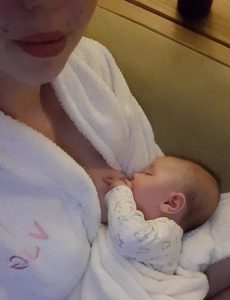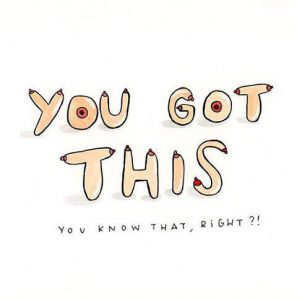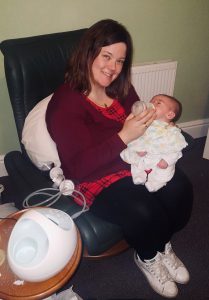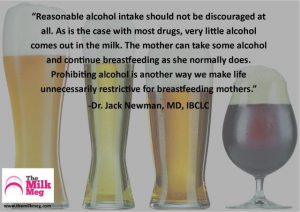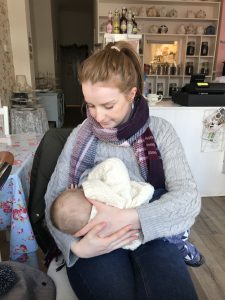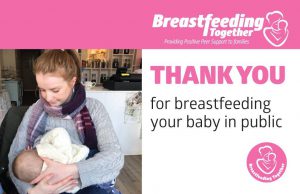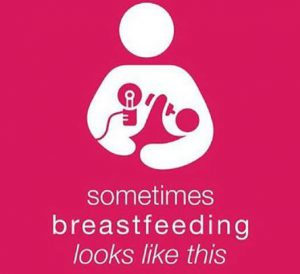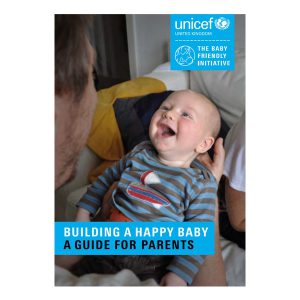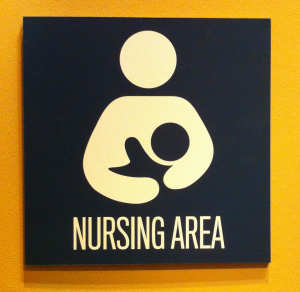First published on www.facebook.com/breastfeedingtogether on 5/2/2019 as part of the Topic Tuesday series.
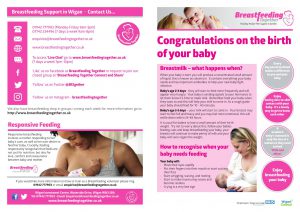
So, its happened. The labour, The birth. That sweet little face is peering up at you, and your life changes in an instant. There’s not just you anymore, there’s one more!
The first 48 hours after having a baby can be some of the most daunting and exhilarating for lots of mums. But what actually happens to your milk supply when you have a baby?
During pregnancy your hormone levels are all over the place, your oxytocin and your prolactin start to rise to help you body prepare for having the baby. Delivery of the placenta kick starts your oxytocin (love hormone) and Prolactin (milk making hormone) to help your body produce that amazing substance breast milk!
Babies like to feed a lot! They get so much more than just milk from breastfeeding, it comforts them, reassures them, makes them feel safe as well as giving them lovely cuddles with mum, they’ve waited so long to meet you!
Every feed, every latch, helps with the production of your milk. Supply and Demand! The more baby feeds, the bigger your milk supply becomes. Your already making colostrum, thick, sticky and often almost golden in colour its often referred to as ‘liquid gold’.
A newborn babies tummy is really quite small, around the size of a grape, about 5-7 ml. They like to take in small volumes and because breast milk digests quickly and easily they like to feed frequently. At least 8-12 times in 24 hours is a great starting point. Your body is making the ideal amount for your baby and colostrum is jam packed with all the great stuff that baby needs and importantly a big boost of antibodies to help with you babies immunity!
Lots of mums find that in those first few days babies can feed lots, they’re slowly waking up from birth and they’re realising you’ve got tasty milk. Their fat reserves are starting to dwindle after birth and they need to feed more to get them back. Average feeds can last between 10-60 minutes, its tiring for babies to feed so sometimes they will want to sleep at the breast as well as feeding and each feed tells your body to produce more milk for your baby. Night two can sometimes be one of the hardest nights after having your baby. Often they want to ‘cluster feed’, feeding frequently for long periods of time, they know their tummy is growing and they know they’re going to need more milk. Your body is really good at recognising this demand and excellent at responding to it and making more milk.
For lots of mums this is where doubt creeps in, am I making enough? is my baby satisfied? This is a really common behaviour for lots of babies after birth
Trust your body- It knows what its doing!
https://www.nhs.uk/…/pregnancy-an…/breastfeeding-first-days/
